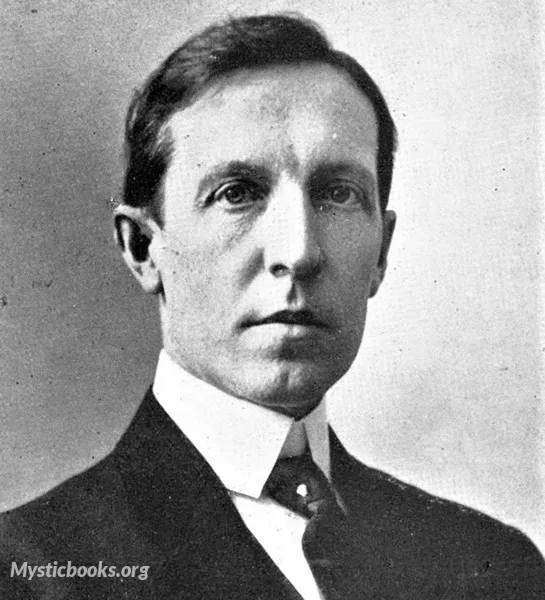
Timeline
Title
Country/Nationality
Duncan Campbell Scott
Duncan Campbell Scott, a distinguished Canadian poet, writer, and government official, left an indelible mark on both the literary world and the sphere of Indigenous rights advocacy. His life and works reflect a unique blend of artistic creativity, commitment to principle, and involvement in shaping Canadian policies. This essay delves into the life, principles, notable accomplishments, philosophical underpinnings, and legacy of Duncan Campbell Scott.
Who was Duncan Campbell Scott?
Born on August 2, 1862, in Ottawa, Canada, Duncan Campbell Scott grew up in a family with literary inclinations. He demonstrated an early aptitude for writing and literature, which set the stage for his remarkable literary journey. Scott served as a key figure in the Confederation Poets, a group that contributed significantly to Canadian literature's development in the late 19th and early 20th centuries.
Principles and Contributions:
Scott's principles were deeply intertwined with his dedication to artistic expression and public service. As a government official, he held various positions within the Canadian Department of Indian Affairs, advocating for Indigenous rights and policies. He played an instrumental role in drafting and implementing policies that affected Indigenous communities, which led to a complex legacy that continues to spark debates and discussions today.
Fame and Notable Works:
Scott gained fame primarily for his poignant poetry, which often explored themes of nature, identity, and the human experience. His notable works include "In the Village of Viger," a collection of short stories, and "The Magic House and Other Poems," a compilation of his evocative verses. His poems, characterized by their lyrical beauty and introspective depth, earned him recognition as one of Canada's leading literary figures.
Philosophy and Beliefs:
Scott's philosophy was rooted in his belief in the power of art to transcend boundaries and connect individuals on a profound level. His poetry often delved into the intricacies of human emotions and the essence of existence. Furthermore, his commitment to Indigenous rights underscores his belief in justice, equity, and the recognition of the diverse cultural heritage that enriches Canada.
Legacy and Remembrance:
Duncan Campbell Scott's legacy is a complex one, marked by his dual roles as a revered poet and a government official associated with policies that had detrimental impacts on Indigenous communities. While his literary contributions continue to be celebrated, his involvement in formulating assimilationist policies cannot be overlooked. Scott's legacy prompts ongoing conversations about reconciling his artistic brilliance with the historical context of his actions.
Interesting Tidbits:
Beyond his literary and governmental roles, Duncan Campbell Scott had a multifaceted personality. He was an accomplished pianist and had a deep appreciation for music. Additionally, he was part of the Ottawa Little Theatre's founding group, showcasing his involvement in the performing arts. His ability to straddle various artistic disciplines showcased his versatility and commitment to creative expression.
Conclusion:
Duncan Campbell Scott's life journey encompassed artistic brilliance, governmental responsibilities, and advocacy for Indigenous rights. His principled approach to literature, his notable works, and his dedication to both cultural enrichment and social change have left an enduring impact on Canada's literary landscape. The duality of his legacy serves as a reminder of the complexities inherent in understanding historical figures and their contributions within their cultural and societal contexts.
Books by Duncan Campbell Scott
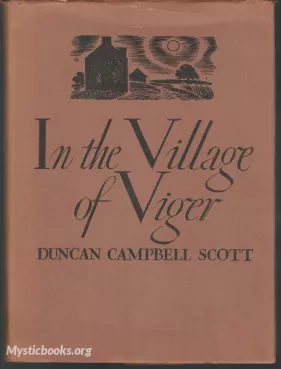
In the Village of Viger
Amidst the whispering pines and hidden secrets of the quiet village of Viger, a timeless tale of love, intrigue, and human nature unfolds. Duncan Campbell Scott weaves a captivating narrative that transports readers to a bygone era, where the constra...
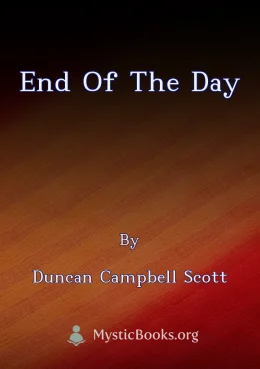
End Of The Day
The End of the Day is a collection of poetry by Duncan Campbell Scott, a prominent figure in Canadian literature. It explores themes of nature, the passage of time, and the contemplation of mortality. Through poignant imagery and introspective verses...
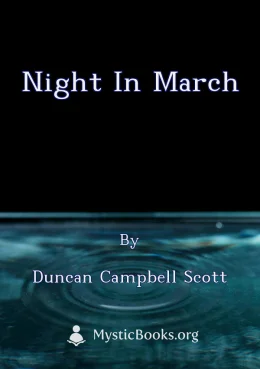
Night in March
“A Night in March” by Duncan Campbell Scott is a lyrical poem that celebrates the arrival of spring. The speaker, a lover of nature, observes the subtle changes in the world around them as winter's grip loosens and new life begins to emerge. The poem...
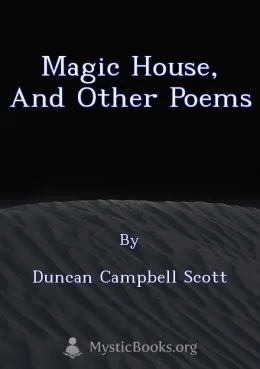
Magic House, and Other Poems
This collection of poems, written by the Canadian poet Duncan Campbell Scott, explores a range of themes inspired by the natural world, personal experiences, and the passage of time. Scott's poetry often evokes the beauty and serenity of the Canadian...